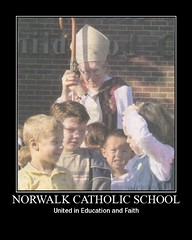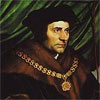This Day in Jacobite History: Charles Edward Stuart Born in Rome - 31 December 1720

Oran Air Breith a Prionnsa Tearlach *
(A Song upon the Birth of Prince Charles)
The tidings we have now received
Which are freshly come to the land
Have chased all my sorrow away
And left me both joyful and proud
No more are we going to be
Under subjection to George
Joy will come in the young Prince's time
Peace will be to the exiles restored
A Phoenix is born o'er in Rome
A tale of great joy in its time
May he who the King's right maintains
Have strength and justice and aid
Fortune's wheel will yet turn again
And the man who's aloft will fall low
The man who is climbing will rise
And the other to earth will fall down
Neptune does promise for him
A sea as smooth as the land
And Aeolus is ready always
For him keeping his favoring winds
Mars with his sword in his hand
Will give victory wherever he be
The herbs with their delicate leaves
Give honor in their own abodes
A change will come o'er barren lands
No thorn on the ground but will fade
Every hill will be laid in smooth rigs
And wheat will grow on the hillsides
Contention no more shall we own
Since the root that won't grow is consumed
There's the corn-field now cleansed of its weeds
Which did hinder the growth of our crop
Another tale that I'll not hide
The woods will put leaves o'er our heads
The earth will yield crops without stint
The sea's fruit will fill every net
Herds will give milk everywhere
And honey on straw-tops be found
Without want, unstinted, forever
Without storms, but every wind warm
* This is an English translation of a Gaelic song written in honor of the birth of Prince Charles Edward Stuart
On this day 286 years ago - 31 December 1720, Prince Charles Edward Stuart (known later to history as "Bonnie Prince Charlie") - grandson of the last Stuart King to sit on the thrones of England and Scotland, King James II and VII - was born in exile in Rome.
 The Baptism of
The Baptism ofPrince Charles Edward Stuart
Previous Pro Ecclesia posts on this subject:
This Day in Jacobite History: Mary Queen of Scots Deposed - 24 July 1567
This Day in Jacobite History: The Battle of Killiecrankie - 27 July 1689
This Day in Jacobite History: Death of Queen Anne; George, Elector of Hanover, Becomes King - 1 August 1714
This Day in Jacobite History: Proscription Act Introduced, Banning Tartan and Carrying of Weapons - 1 August 1747
This Day in Jacobite History: Latin Mass Outlawed in Scotland - 11 August 1560
This Day in Jacobite History: Raising of the Jacobite Standard at Glenfinnan - 19 August 1745
This Day in Jacobite History: Marriage Ceremony of James Francis Edward Stuart and Princess Maria Clementina Sobieska - 1 September 1719
This Day in Jacobite History: Death of King James II and VII - 16 September 1701
This Day in Jacobite History: Charles Edward Stuart Arrives in Edinburgh, Proclaims His Father Rightful King - 17 September 1745
This Day in Jacobite History: Lochaber No More - 20 September 1746
This Day in Jacobite History: Charlie Stuart's Finest Hour, the Battle of Prestonpans - 21 September 1745
This Day in Jacobite History: Birth of King James II and VII - 14 October 1633
This Day in Jacobite History: Charles Edward Stuart's Entry into Derby, England - 4 December 1745
This Day in Jacobite History: Jacobite Retreat from Derby - 6 December 1745














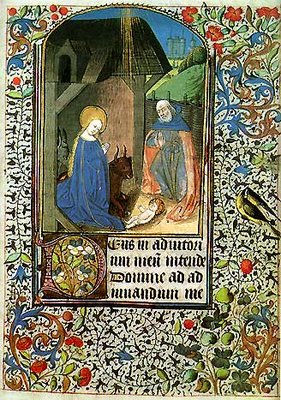






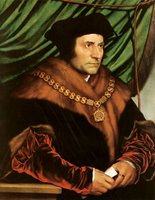
























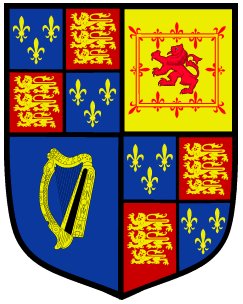








.jpg)




